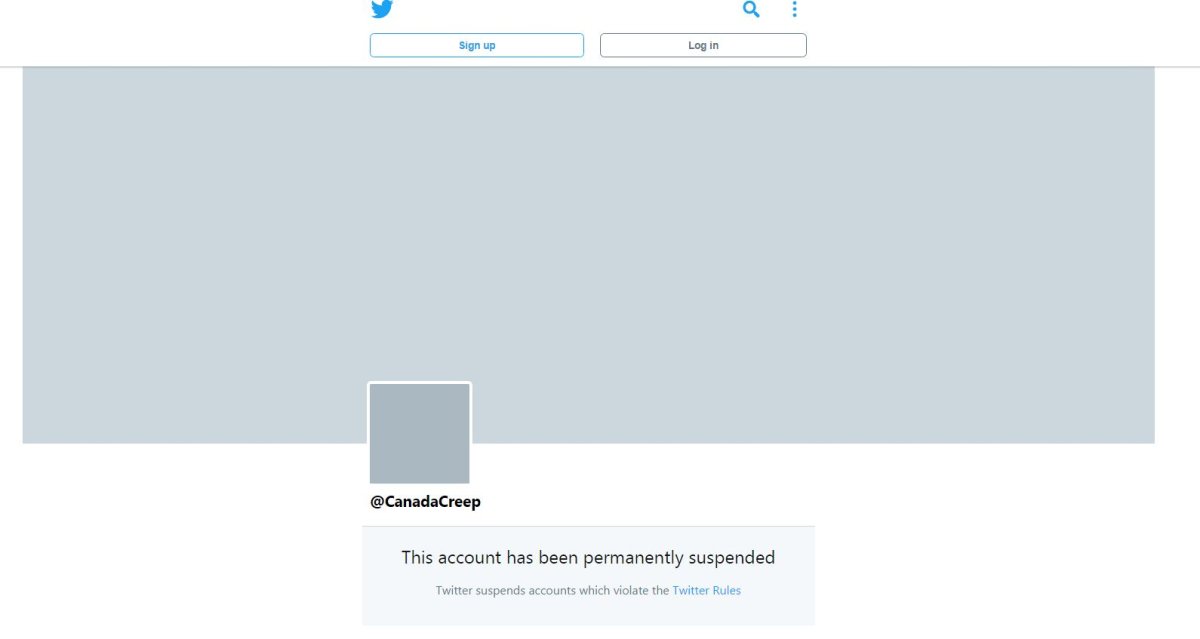The case of a Calgary man charged with voyeurism-related offences after posting photos and videos of unsuspecting women on Twitter has raised questions around breaches of privacy that take place in public.

“At the moment, in Canada, we’re really in just the fledgling stages of developing the tort of privacy, or the ability to be able to sue for a privacy invasion,” Emily Laidlaw, assistant professor at the University of Calgary’s faculty of law, told News Talk 770.
Voyeurism charges
Laidlaw said the focus of the criminal charges in this case – including voyeurism and publication of voyeuristic materials – would apply specifically to the most egregious photographs, including instances of “upskirting.”
“All the other women out there that have been humiliated by this particular experience – or just feel degraded in some way – there isn’t necessarily that sense of resolution with the criminal charge,” Laidlaw said. “Because it doesn’t address their particular loss.”
“So, I don’t think they’re going to get that satisfaction out of whatever happens with this man with the criminal charges.”
LISTEN BELOW: ‘CanadaCreep’ Twitter investigation raises questions about privacy in public spaces
What about a civil suit?
It’s unlikely that any of the women featured in the reams of photographs and videos posted to the site would be able to sue for invasion of privacy, according to Laidlaw.
For the most part, she doesn’t believe there’s a right to privacy when out in public.
There is a new Alberta law that seeks to protect victims of revenge porn or sexting, but Laidlaw said it’s unlikely it could be applied in this case.
“How do we figure out what the trigger is, that you could actually sue for privacy invasion?”
“It’s not so easy…to figure out where precisely the legal wrong would be, because you could end up capturing all sorts of other conduct,” Laidlaw explained.
Privacy laws in Canada versus U.S. and Europe
There are two major approaches Canada could look to as it continues to chart its own path on privacy, Laidlaw said.
In the U.S., the second you step out the door, you lose your right to privacy.
But in Europe, there is an expectation of privacy, especially in humiliating or degrading situations.
“Even when you’re out in public, you have this sort of zone of interaction with the public that’s essentially private,” Laidlaw said.
She suggested Canada follow Europe’s lead, rather than America’s.
But she said shaping Canada’s privacy laws will not be an easy job, adding there are “clear instances where we need something specific.” However, she suggests trying to predict each individual case and adjust the law accordingly is a mistake.
“If we try to identify all the different scenarios, all that would end up happening is that it would be out of date rather quickly,” she added.
She said the case in Calgary has made it clear that Canada needs to take a closer look at privacy and what it means to Canadians.






Comments